Recently a good friend of mine started giving a strange answer to my usual string of random questions about philosophy, dating and life.
It’s an answer I don’t hear very often.
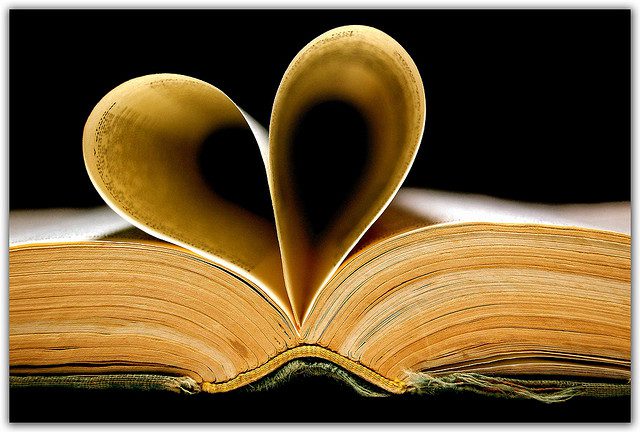
Having spent nearly all of my current life in academia and universities, I’ve been surrounded by people who went through school knowing all the answers.
If you ask an academic a difficult question, they will always have a theory, an explanation, or some will make a wild guess that they pass off as a definitive answer.
Yet my friend stands out from these know-it-all types. Because he gives the most unique answer of all: When I throw a random question at him, about say, the nature of quarks, why women love desser so much, or the philosophy of Hegel, he’ll shrug and say “I don’t know”.
Don’t get me wrong, this guy is one of my most knowledgeable friends. And this is what makes his admission of ignorance all the more powerful. Just because he has five times the education of the average person, he won’t pretend to have an encyclopaedic knowledge or informed opinion about every single field.
The phrase “I don’t know” is poison in nearly every facet of life: in meetings, job interviews, podcasts, TV panels – if you say it, you’ve tacitly confirmed to everyone’s disappointment that there aren’t always easy answers or straightforward explanations.
But sometimes we just have to say “I’m investigating further” or “I need to read more about that”, or “I’m going to think about it, I haven’t decided”.
To the untrained eye, these are weak phrases.
We live in a world thirsty for strong opinions. It’s nice when people have them. It helps us categorize others in a neat boc. We know what they think. They seem rigid and predictable. “He’s a conservative”. “She subscribes to stoic philosophy”. “He believes in Humean empiricism”. “She’s a feminist author”.
But there’s strength and integrity in being difficult to categorize. It keeps people off-balance. It makes others respect and listen to what you have to say. It means people trust that what is coming out of your mouth, while not always correct, is going to be a conclusion you arrived at independently. And they know you’ll have the integrity to change your mind if you’re wrong.
At first, I used to hate it when my friend kept saying “I don’t know”. I wanted him to just guess. To give me some opinion I could fight against. Or to just make up some half-baked answer I could shrug at and repeat to others before I had even checked whether he was right or not.
But now I realise admitting your ignorance shows that you aren’t a phony. It makes me want to know more, instead of being comfortable in the knowledge I currently have.
True intelligence is committing to lifelong learning whilst also realizing how little you know.
I’ll be honest: I love to offer opinions, theories and guesses. Yet rather than use conversation as a way of persuading others of how much I know, I prefer to use it to remind myself of how much I still want to understand.
Because I’m a reader, people ask me whether I’ve read War and Peace. The truth is, I haven’t yet. It’s on my shelf and I keep putting it off. I’ve read Ulysses and have opinions on it. I’d like to be well-read enough to say which is the greater novel; maybe I could pretend and state an ill-informed opinion, but the honest fact is: I don’t know yet.
I’ll let you know when I do.
* * * * * * * * * * * *
Stephen Hussey helped co-write the Get The Guy book and is a wealth of knowledge on dating and relationships.
To Follow Steve On Twitter For More Updates Click Here
(Photo: Carlos Porto)

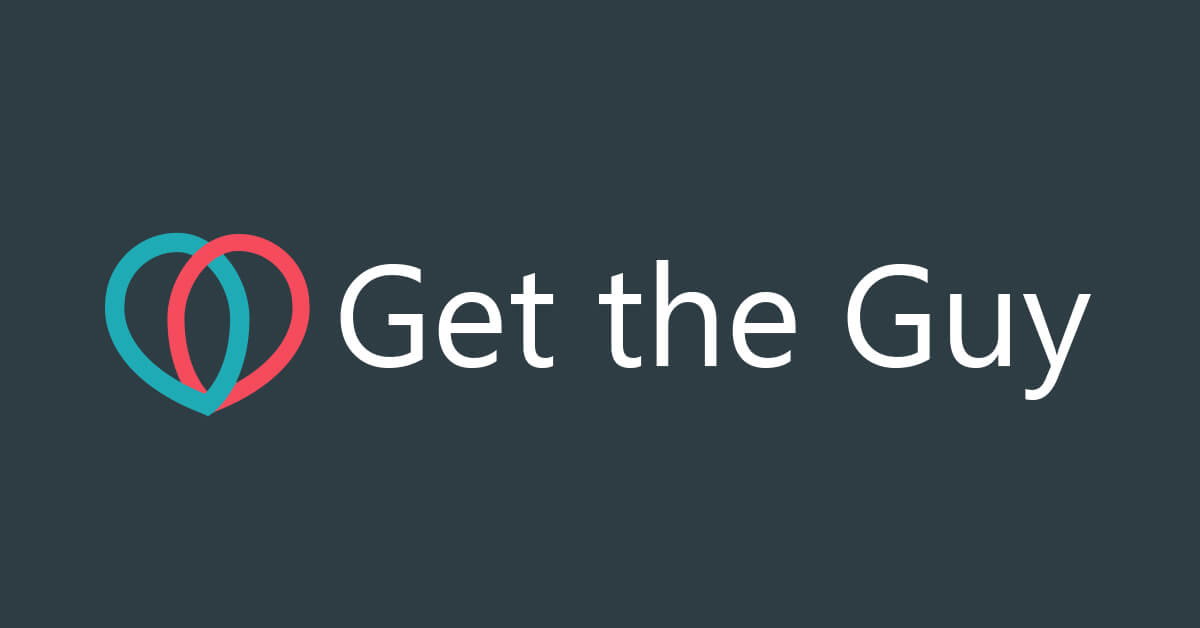


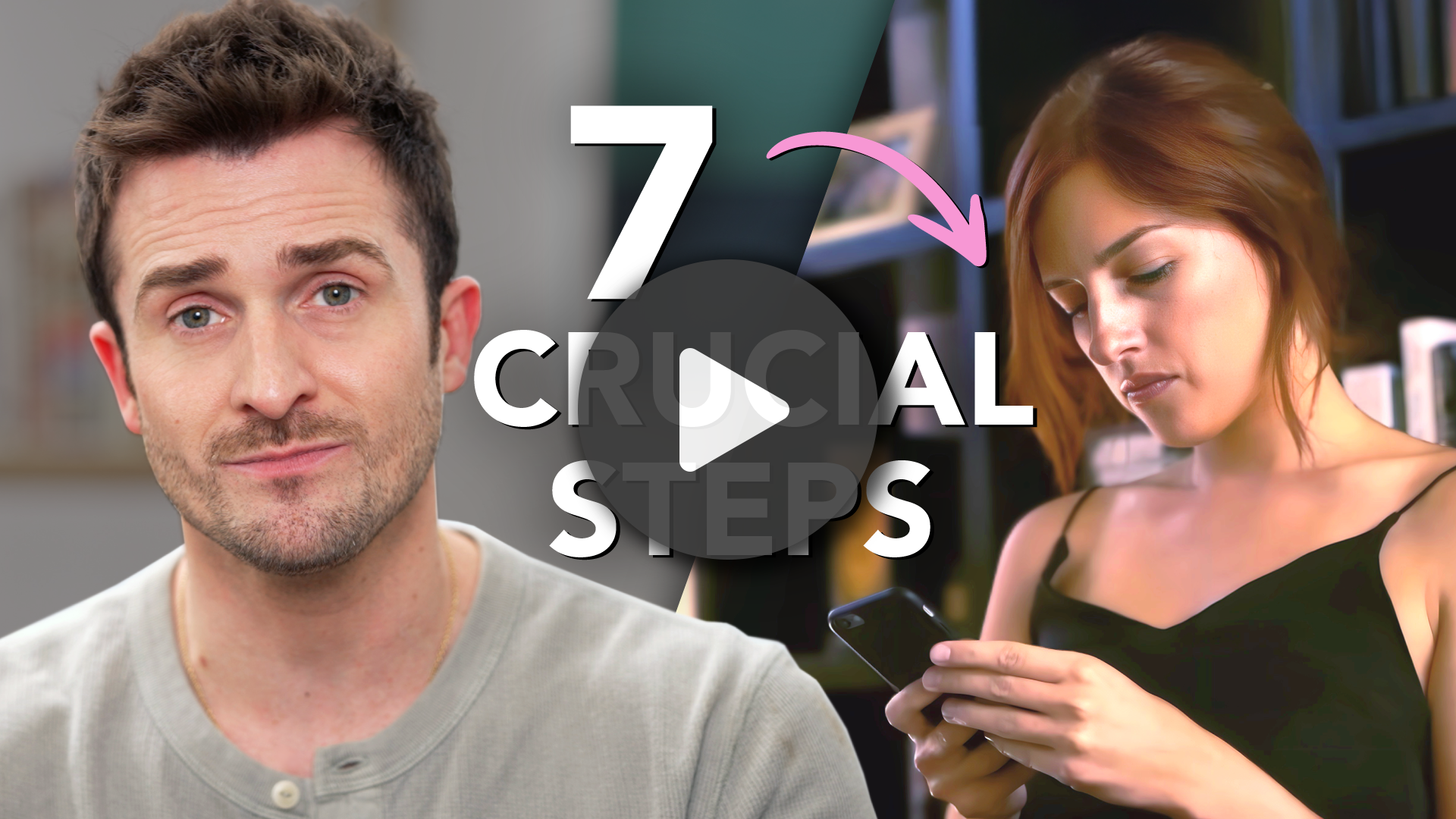

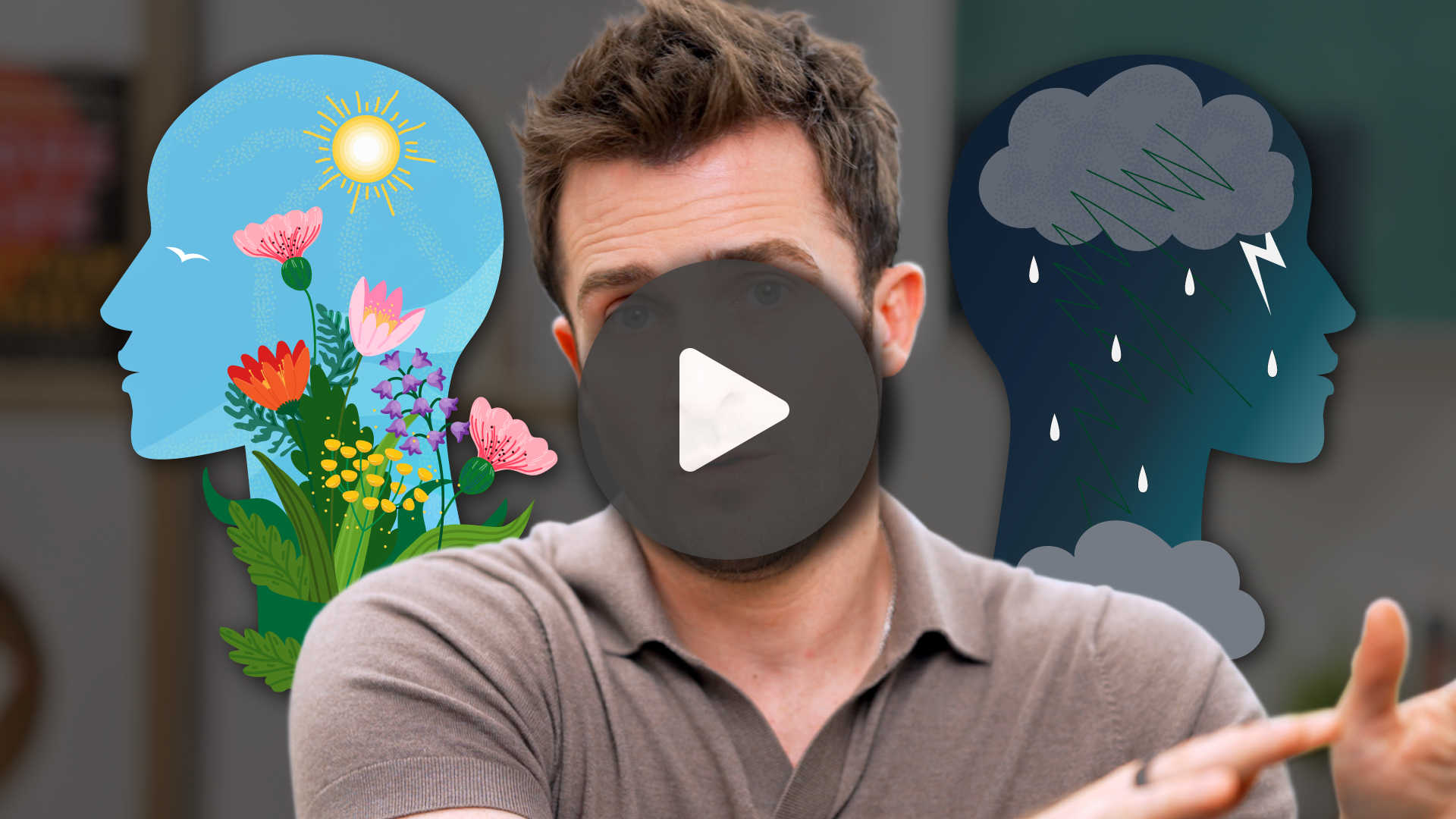
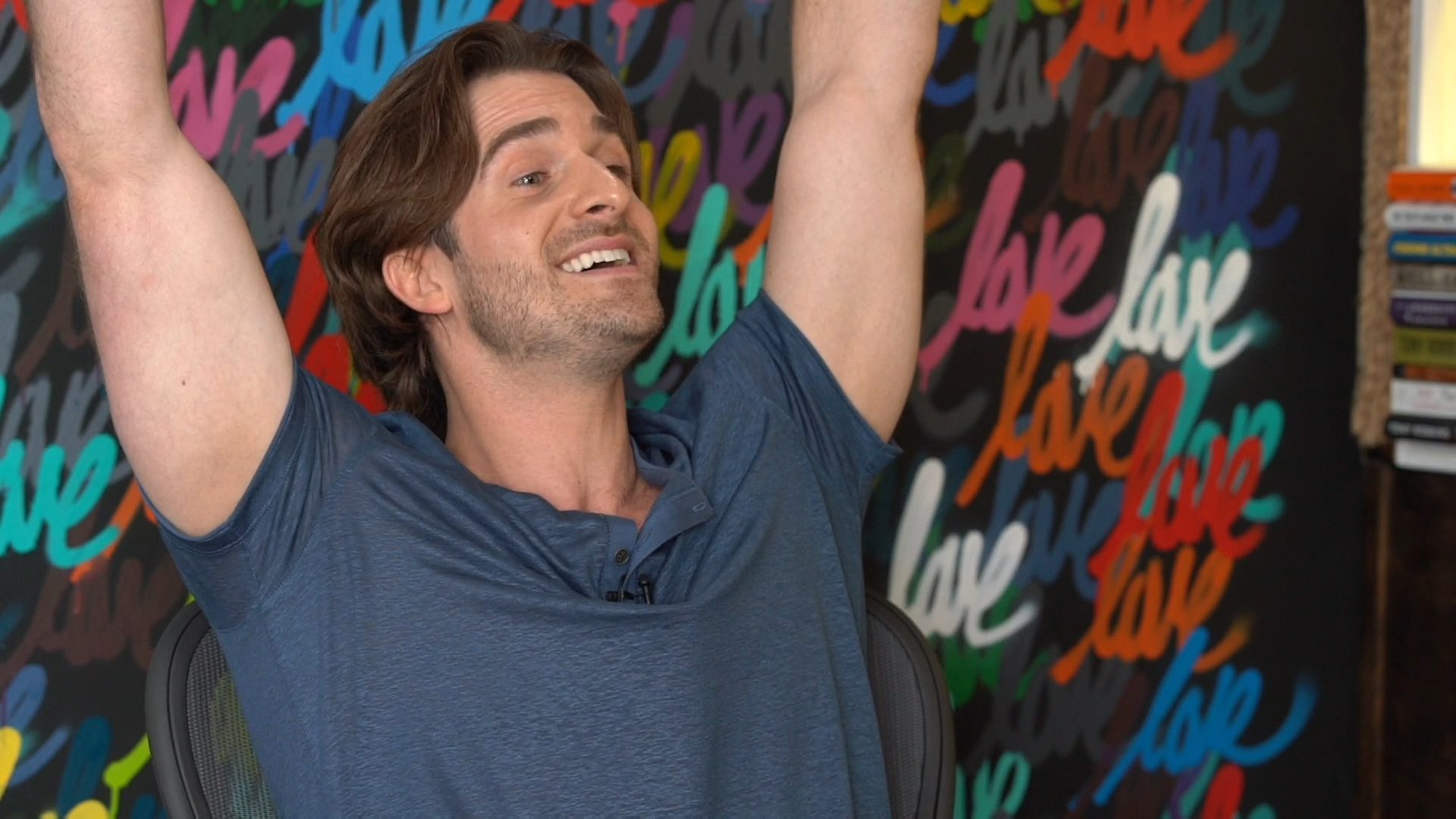

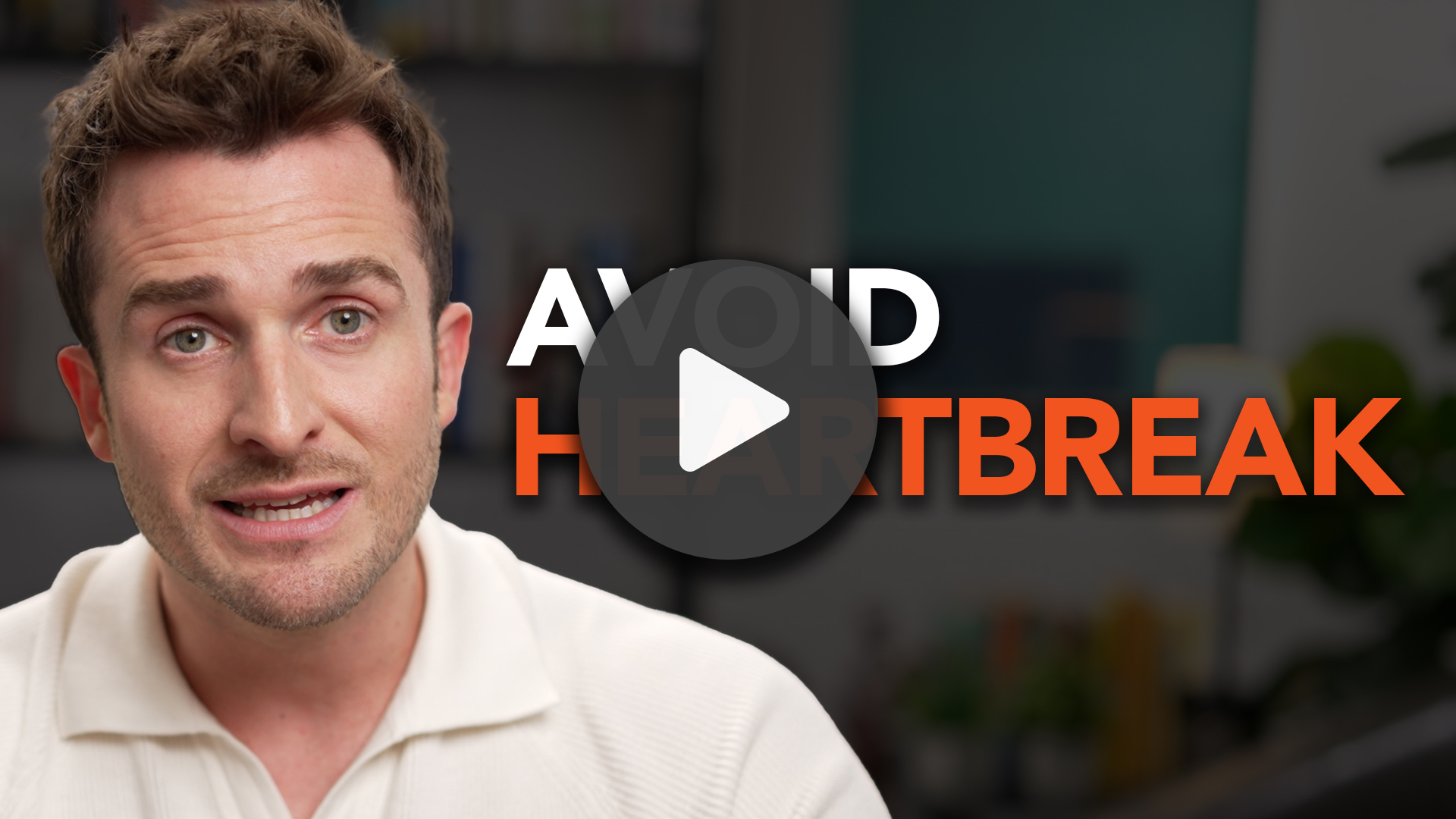
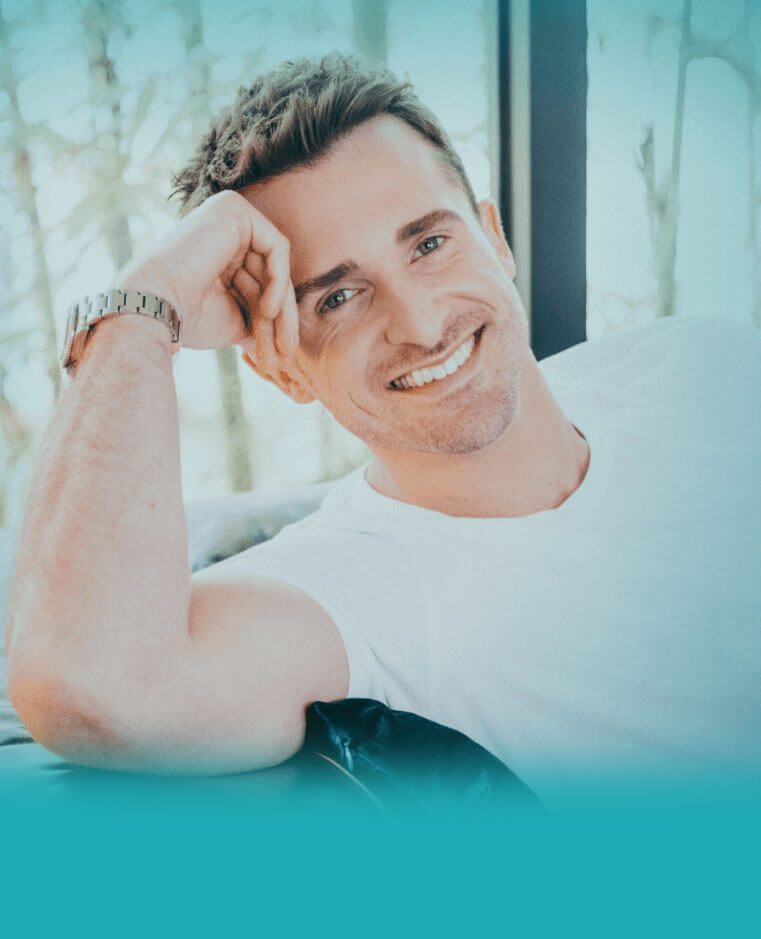



Steve,
I love this – “True intelligence is committing to lifelong learning whilst also realizing how little you know.” It sounds like something I would write. :)
I believe the trademark of a lifelong learner is that they are happy to say that they do not know because it fuels their fire. Life long learners are excited by adventure, as unknowing creates a craving that can only be satisfied by discovery.
I am glad you are back! <3
Warmly,
Arianna
Dear Steve,
I do indeed, love this bit of knowledge, about our lack of knowledge.
I’m reminded of a time, not more than a year prior, in which I was reacquainted with a childhood friendly. I constantly replied to this fellow with an, “I know.” and after days of this, he had to say, “Do you know everything?” responding, I happily admitted,”No. I don’t know everything”. He would then ask me another, “What DO you know?” and I would follow with, “I know a lot, and I don’t know a lot…”
A smile on his face, with a look about him, all to say nothing, would say everything…
Thank you, for this piece and all that you all teach!
Sincerely,
Shanna
Xx
I loved this thank you – I do say I don’t know or I’ll have to look into this and I’ve been wondering about peoples perception of me because of it.
What did you study?
I enjoyed the article because I can really relate. A common response I give is I don’t know because most of the time I don’t =P I sure don’t want to be labelled and your definitely right about learning being a life long process!
YES, YES , YES :D . I love this artical , wait you wrote the artical I love you man :D .
” But now I realise admitting your ignorance shows that you aren’t a phony. It makes me want to know more, instead of being comfortable in the knowledge I currently have.
True intelligence is committing to lifelong learning whilst also realizing how little you know. ”
this is soooooo true .
and what I learnt from your friend’s story is when you say you don’t know , you give reason to yourself not to stop learning , because when you say you know everything ( which is a lie ) you stop your brain of thinking , and then you become a dead person even if you are alive .
WOW THANK YOU SOOOOO MUCH FOR THIS GREAT LESSON :*
LOVE :D
I often say “I don’t know”, and my Dad gets so annoyed at me for that.
I remember my last year in school, I had to give a book presentation (I still wonder at myself why I chose such a badshit book like ‘the blinding’ by Elias Canetti).
I got a lot of weird faces asking me questions of ‘why’?? ..is he scared of getting beaten up, and and all that..
I got the best grade, but with a minus point.
Perfectionist-me was really upset, still am when thinking about it!
The feedback from my teacher was: Too insecure performance.
I said ‘I don’t know’ too often.
The task was only to recite the content, not having to analyse the characters.. which I tried, seriously, but it ultimately always brought me back to ‘I don’t know’.
I’m not a psycho-analyst. Even if, it’s always not more than a guess to think you really ‘know’ what’s going on in somebody else’s mind.
It brought me to such a differentiated place that I couldn’t get to an opinion, considering so many aspects of everything I dealt with:D
Very tiring, even confusing.
I always was stunned when people had an opinion having researched, or thought through a matter less then me – how come they already made up their mind?
I didn’t like, but in the same time admired that.
They just make up their mind, done!
There are some people to whom I have big respect for in this matter though:
Ryan Holiday, even though he can have a strong opinion on many things (how does he do that at his age?? Without the ‘formal’ education even!? I wish I knew) VERY often I saw him just go ‘I don’t know’.
I really loved that, it was sympathetic and it didn’t make me see him as a less intelligent person, in the contrary.
I was surprised by that myself, but I liked it!
Another great example is Richard Feynman.
No I haven’t read his ‘lectures’ yet, that’s a big bite..
Still from what I saw in one of his interviews: He suddenly got that big smile on his face saying: ‘I take it back! I changed my mind’ – and states a different opinion of his:D
I’m pretty sure though, if I had stated my ‘I don’t knows’ in a more confident way, I would’ve gotten a better grade for my presentation..
Humbleness and humility are excellent traits in people who already have a reputation for being highly intelligent or accomplished. But when mere mortals try to imitate the great, they risk being discounted and dismissed.
In my experience, women must be particularly careful about being modest. When an assertive man occasionally says “I don’t know,” it provides a favorable contrast with his normal demeanor. When a highly accomplished woman admits to ignorance in some matter, a common reaction is “I knew she was not THAT smart.”
This dichotomy is very unfortunate and it’s slowly disappearing as more women prove their competence. But ignoring it can be dangerous.
Victoria
You should know who said, “l know that I know nothing”. Just remember that.
The very fact you constantly mention the books you’ve read, how much you read, and your academic life suggests you are trying hard to prove yourself. Stop it. Wise people just are. They don’t need to mention it. Knowledge isn’t a synonym of wisdom.
Trying hard to prove yourself was one of the reasons why l lost interest in your posts.
You’re very young still, so l assume this is a phase that you will grow out of as you head to your 30s. Hopefully. Arrogance is a turn off. Be generous about your knowledge, just don’t wear it on your chest like a badge of honour. It isn’t.